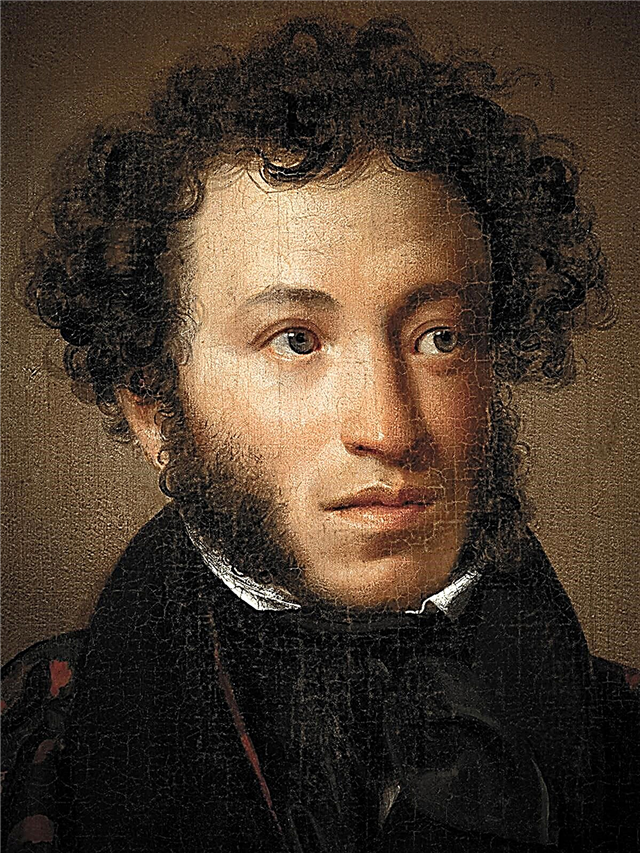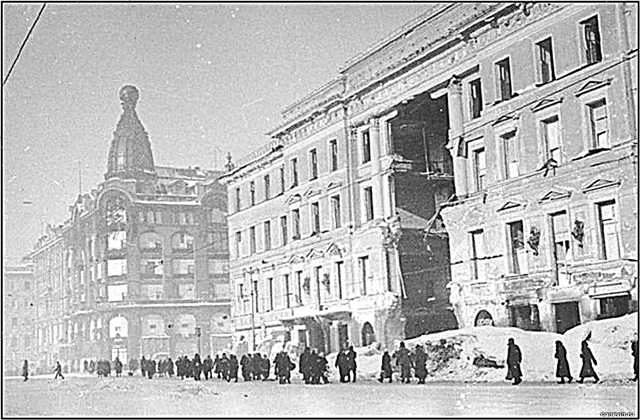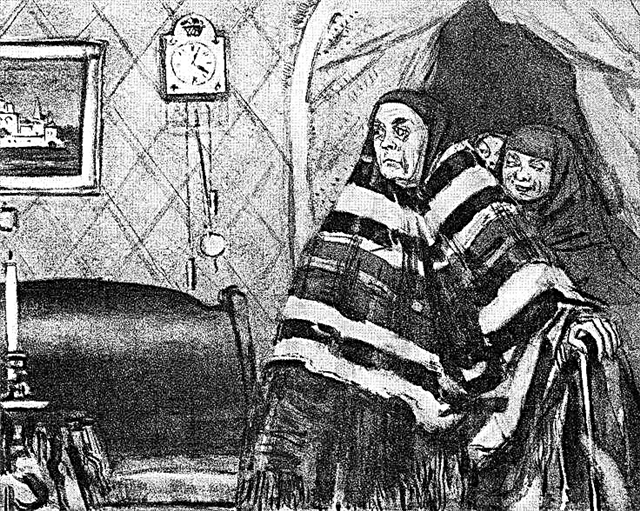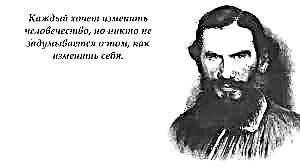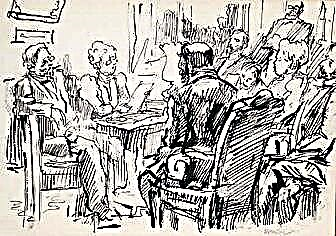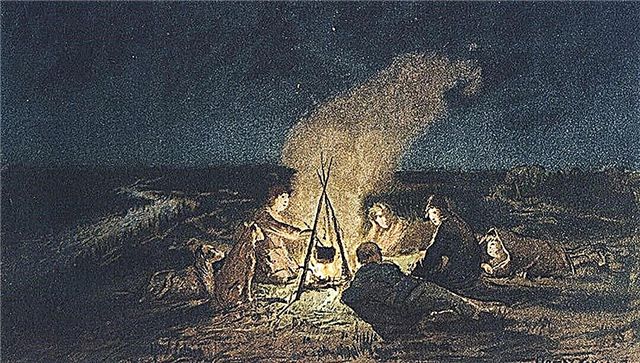Throughout the history of world literature, many people have influenced it. For all its diversity, it consists of so many parts that each of them sooner or later gets lost on bookshelves. But without some authors, which can rightfully be considered geniuses, literature could not exist in the form in which we are accustomed to see it now. One of them was Johann Wolfgang von Goethe.
Childhood and youth
The son of an imperial adviser, Johann, was born on August 28, 1749 in Germany, in Frankfurt. From childhood, Goethe began to be interested in drama, playing scenes in his puppet theater. For the first time about Dr. Faust, who later became the main character of the tragedy of the same name, he learned from the books of the family library.
The future poet and writer was not distinguished by a desire for study. He missed lectures at the University of Leipzig, visiting the theater, traveling out of town with friends, and sometimes participating in duels. Goethe dedicated the first poems in the rococo and anacreontics style to the daughter of the innkeeper Kathen Schönkopf. In 1768, Johann, not finishing his studies, went home because of the bleeding that opened as a result of infection with tuberculosis.
Success Story: Storm and Onslaught
Goethe's illness causes Goethe to stay in bed for more than a year. The home library allowed him to engage in self-education. His first comedy "Partners" is published. Pondering the image of Faust, the writer begins to become interested in religion and mysticism. In April 1770, Goethe resumed his studies at the University of Strasbourg.
He joins the literary circle Storm and Onslaught, which also included Heinrich Wagner and Friedrich Schiller. Goethe became the most famous of them. The participants in the circle of “Sturmers” were united by the mood of rebellion: they opposed rationality, the state and society, extolling as an ideal the ancient titan who made fire for people against the will of the gods. Goethe dedicated his poem Prometheus to him. The writer falls in love with Frederica Brion, daughter of an Alsatian priest, and devotes lyric poems to her, but the novel is soon interrupted.
Love Story: Young Goethe's Suffering
Goethe is involved in advocacy, journalism and translation. In 1772 he went to Wetzlar, where he met Charlotte Buff. As the wife of his friend Kestner, she continues to show attention to Johannes Goethe in love with her. Soon, the writer embodies his story in a hastily written epistolary novel “The suffering of young Werther", The infamous" Werther effect "- mass suicides after the publication of the book. Goethe's suicide motive took from the story of the death of his friend Karl Jerusalem. He himself said: "I wrote Werther so as not to become Werther."
In 1775, Goethe moved to the Weimar court, where he served as an adviser to the duke, exerting a great influence on the fight against corruption and reform, after which he received the noble title. He is interested in geology, botany and other sciences.
Freemasonry and personal life
In 1780, Goethe joins the Amalia Masonic Lodge. His contemporaries noted the writer’s strong attachment to Freemasons, from whose ideology he did not depart until the end of his life.
Saturated with court luxury, in the mid-80s, Goethe, under the name of Johann Philipp Möller, leaves for Italy, where he again feels a creative upsurge. At the age of 40, in Weimar, the writer meets the 23-year-old fashionista Christiana Vulpius. Her mother opposes marriage, but the girl gives birth to Johann the son of Augustus. They manage to get married only on October 14, 1806. All in all, Goethe and Christiana had five children, but all but Augustus did not survive: some were born already dead, others did not live up to several weeks.
Creation
Johann Wolfgang von Goethe managed to create literary works in various directions during his life, such as Rococo, Classicism, Enlightenment, sentimentalism and romanticism. He wrote poems, ballads, poems, short stories, novels, comedies and tragedies.
Goethe’s main literary work, of course, despite the difficult perception and impossibility of film adaptation and full performance on stage, is considered a tragedy "Faust", Which was created over 60 years and was published after the death of the author.
Interesting Facts
- Goethe grew up a sickly child and always strived for a healthy lifestyle. Dancing, horseback riding and proper nutrition became a habit.
- He could not stand the barking of dogs and tobacco smoke, and also could work only without access to fresh air indoors.
- Goethe was fond of cultivating violets and even opened a new variety: "Goethe's violet."
- The crater on Mercury bears the name of a German writer. The goethite mineral is also named after him.
Last years of life
Goethe compiles a collection of memoirs, “Poetry and Truth,” and is engaged in natural sciences. The writer revered Rousseau as his idol, without which, as he himself said, there would not have been many of his works.
Too many metaphors and symbols in the second part of Faust were compared by critics with a decline in creative powers. Towards the end of his life, Goethe clearly shares the thoughts of the protagonist of his tragedy that the purpose of life is to serve people. He received many honorary awards for his achievements. Johann Wolfgang von Goethe died of a cold on March 22, 1832.



